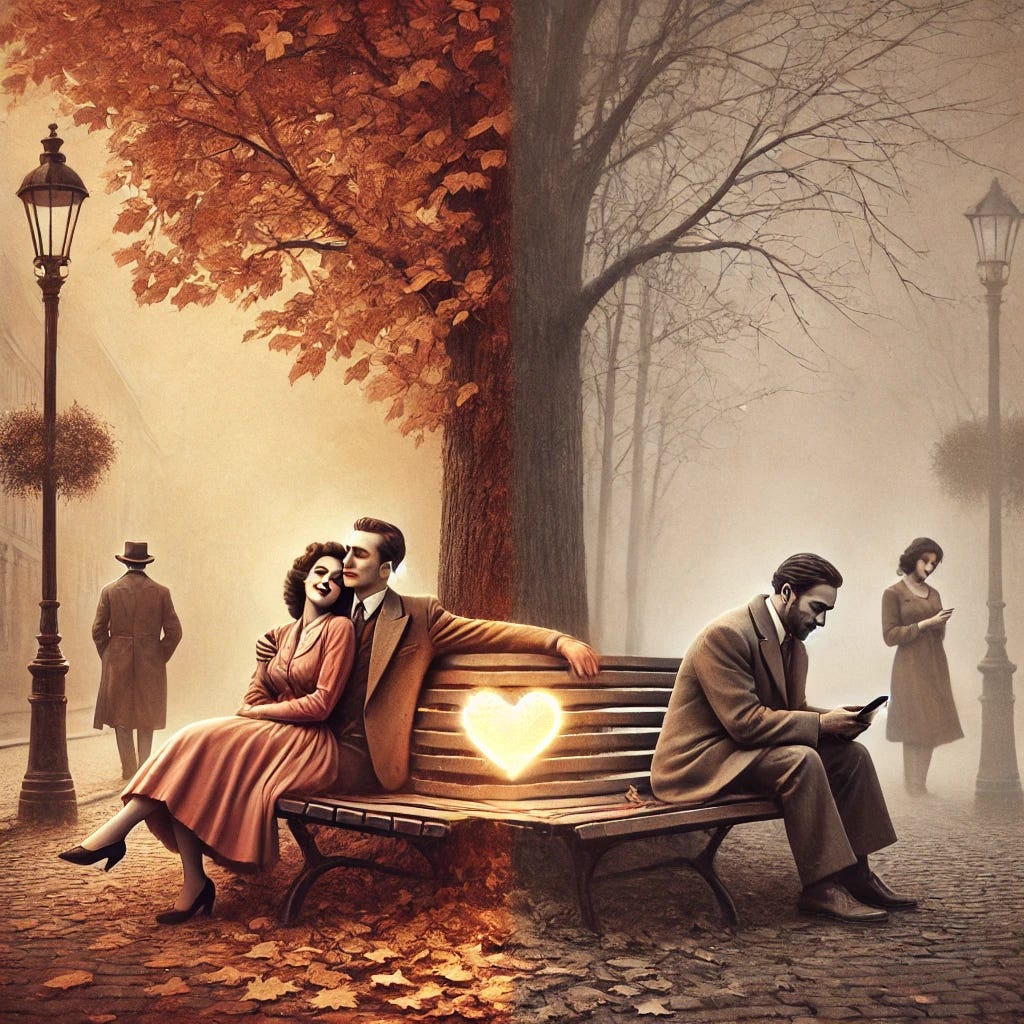It’s something that quietly echoes across generations:
“Women just don’t treat men the way they used to.”
Ask an older man—or even listen to old love songs—and you’ll sense a kind of warmth, reverence, and appreciation that feels rare today. The way women treated their boyfriends and husbands in the 1950s, 60s, and 70s was different. Whether you see that as good, bad, or something in between, one thing is clear:
The shift is real.
Let’s take a closer look—without judgment, but with open eyes and an open heart.
Then: Partnership, Praise, and Peace
In the 50s, 60s, and 70s, many women saw it as a source of pride to take care of their man—not just physically, but emotionally. There was an unspoken art to being a woman who:
Built her man up with words of admiration and belief
Made home a place of peace, not pressure
Respected his efforts, even if his job wasn’t glamorous
Stood beside him in public and supported him in private
It wasn’t submission. It was teamwork with clear roles. Men led by providing and protecting. Women led by nurturing and influencing. And when both honored each other’s lane, something beautiful happened: mutual respect and deep connection.
“Your grandma never had to raise her voice. Her love did the talking,” my grandfather once said.
Now: Skepticism, Scorekeeping, and Struggle
Starting in the 1980s and accelerating through the 90s, 2000s, and 2010s, cultural messaging began to shift. Men were no longer portrayed as protectors or providers—but as punchlines, oppressors, or obstacles. Somewhere along the way, the language of partnership became the language of competition.
Modern relationships often include:
Sarcasm instead of softness
Control instead of cooperation
“What have you done for me lately?” energy
Endless comparisons to other men, other lifestyles, or fictional standards
Men today may be more emotionally aware than previous generations, but often less confident and more cautious. Many feel like they’re walking on eggshells—afraid of saying the wrong thing, being labeled “toxic,” or falling short of expectations they were never taught how to meet.
But Let’s Be Honest: Men Have Changed Too
In fairness, men of past generations weren’t always emotionally available, helpful at home, or easy to love. Many modern men have stepped up in new ways—becoming more involved fathers, better listeners, and more self-aware partners.
The challenge today?
We’re still figuring out how to meet in the middle.
Equality is not the enemy of romance—apathy is.
What’s Been Lost—and What Can Be Regained?
Here’s the truth:
Today’s woman has more freedom than ever before—but often less satisfaction in her relationships.
Today’s man has more emotional vocabulary—but often less clarity in his role.
So what changed?
We stopped honoring what men bring to the table.
We stopped teaching women the power of grace, patience, and praise.
We forgot that partnership isn’t a fight—it’s a dance.
When women treat their men with admiration, trust, and belief—those men rise to meet that faith. Not perfectly—but powerfully.
It’s Not About the Decade—It’s About the Mindset
We don’t need to return to the 1950s.
But we can bring back some of the wisdom from those times:
Kindness isn’t weakness.
Respect isn’t submission.
Praise creates progress.
Men respond to being built up, not torn down.
And here’s the secret:
When a woman treats her man with grace, warmth, and belief—he will go to war for her happiness.
The Bottom Line
The strongest women of past generations didn’t feel “less than” for loving their men out loud.
They felt proud.
They knew good men weren’t built through criticism—they were revealed through love, trust, and encouragement.
It’s never too late to bring that energy back.
Want to See a Difference in Your Relationship?
Try this tonight:
Tell him one thing you admire about him—and mean it.
Watch what happens.
Love gets easier.
Relationships get richer.
And both men and women get to feel seen, respected, and truly wanted.

















Share this post